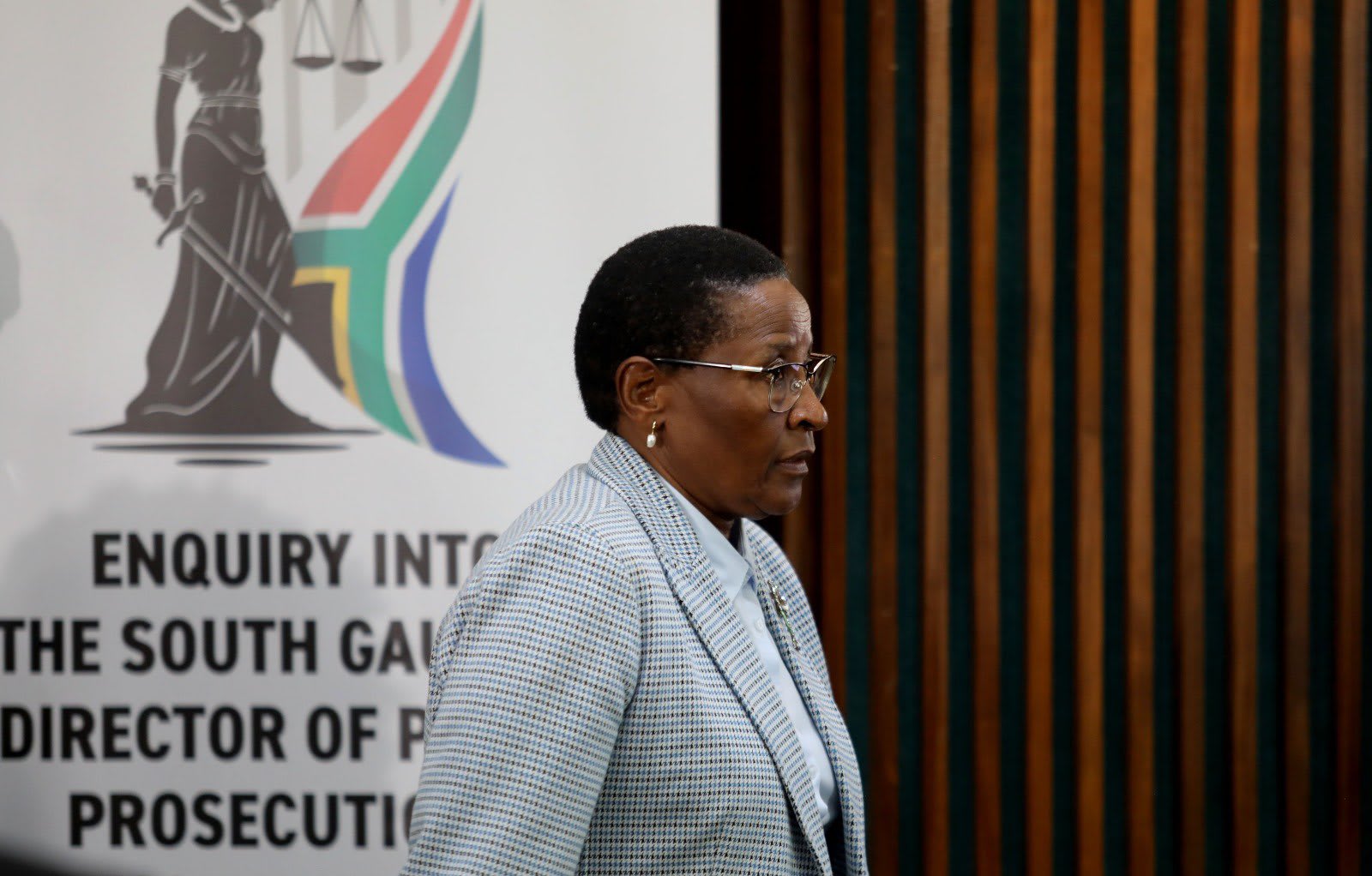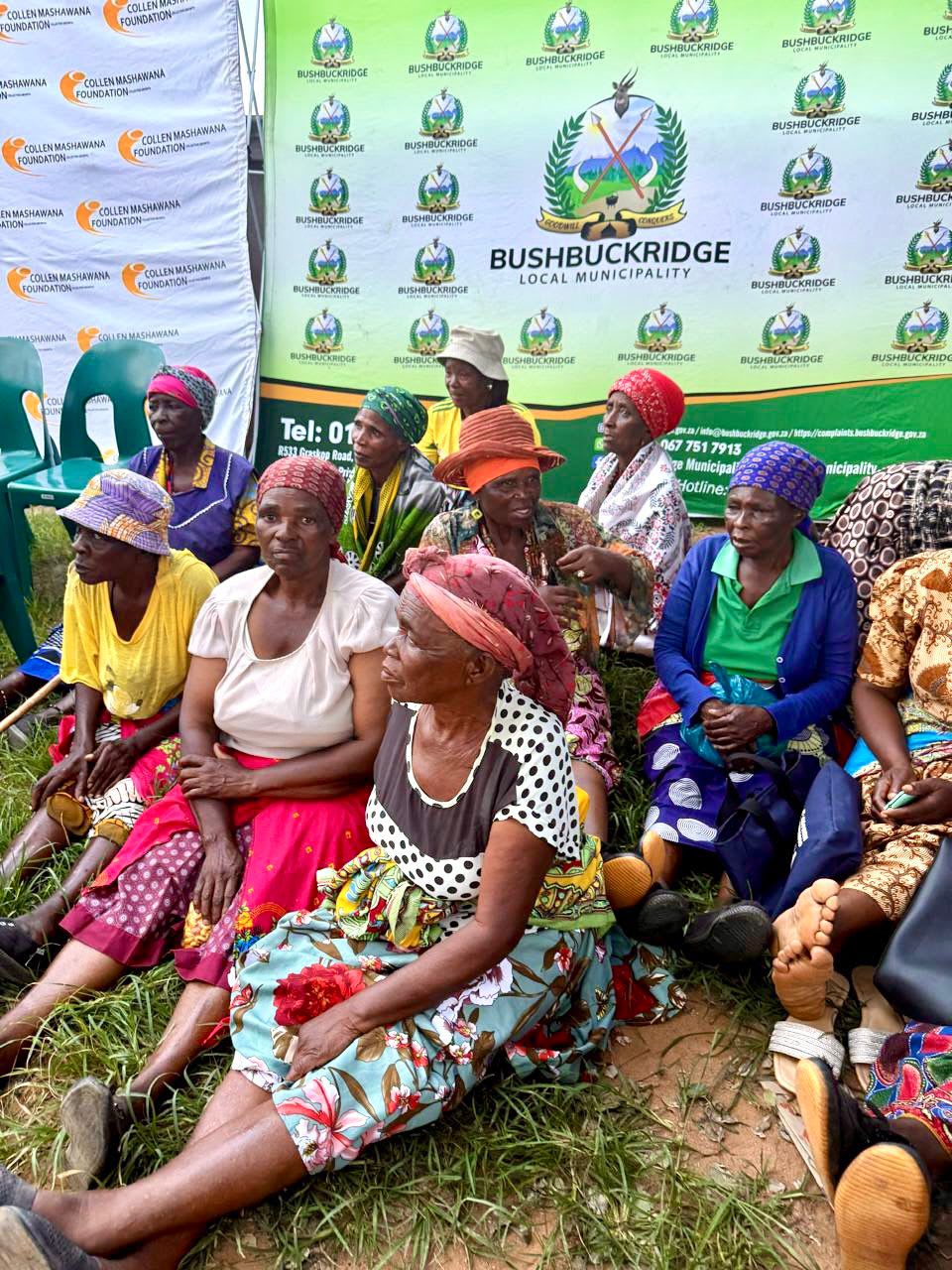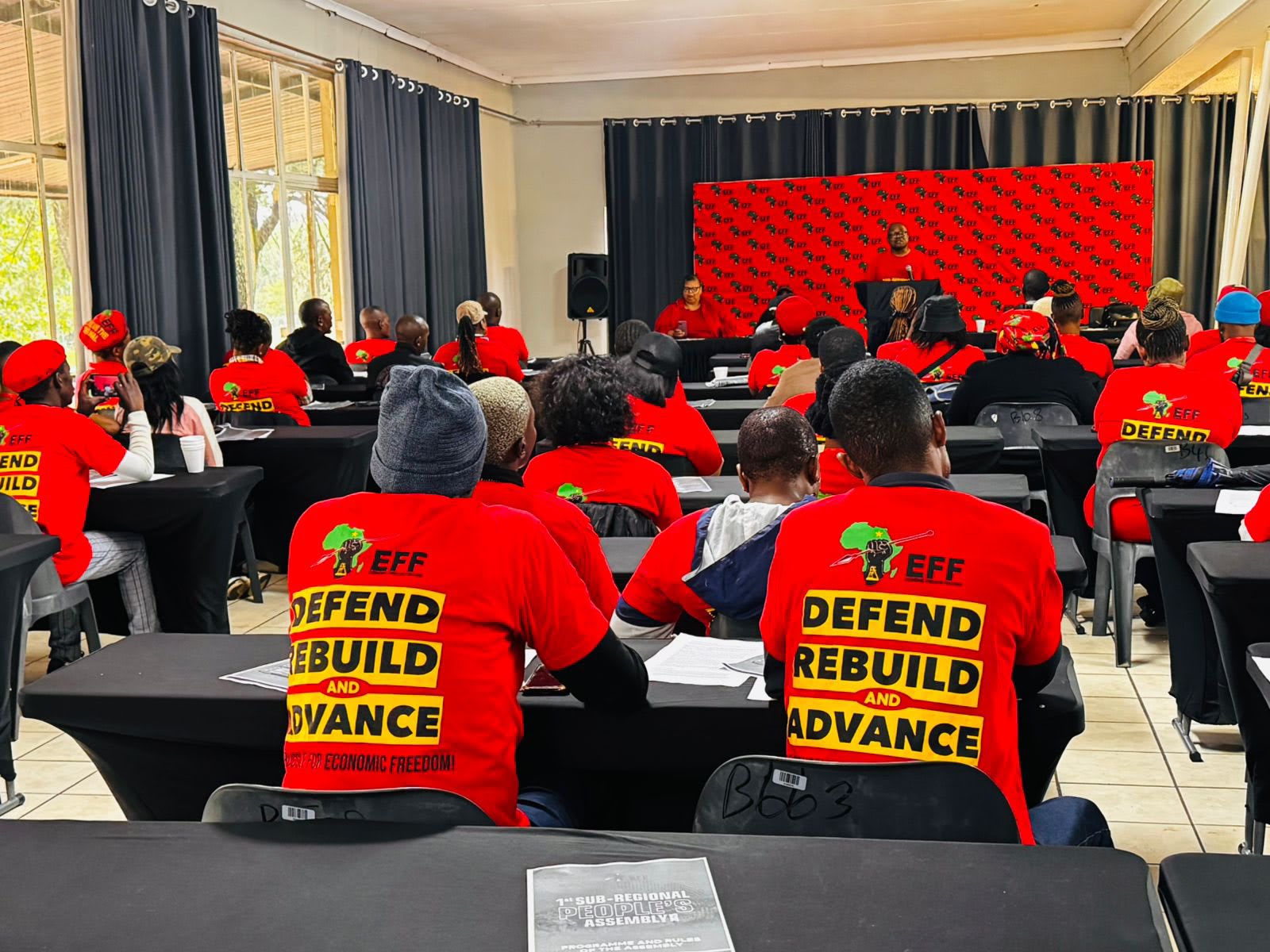SAPS
2Min
South Africa
Oct 24, 2025
Ex-Minister of Police Bheki Cele has revealed that the South African Police Service (SAPS) conducted an investigation into the death of Anele Tembe, the fiancé of rapper AKA, and concluded that her fall from a hotel tenth floor was not a suicide but a suspected murder.
In a startling disclosure, former Minister of Police Bheki Cele announced that the South African Police Service (SAPS) believe the death of 22-year-old Anele Tembe was a homicide rather than suicide. Tembe, who was engaged to prominent South African rapper AKA, died after falling from the tenth floor of a Cape Town hotel in April 2021.
Speaking in a public forum, Cele stated that a full investigation had been carried out by the police and that evidence gathered led the investigating team to the belief that Tembe was murdered. The exact details of how this conclusion was reached were not provided by Cele. The investigation reportedly covered possible domestic violence dynamics, homicide, and murder as part of its scope.
Tembe had been discovered after plunging from the hotel room where she and AKA were staying, only two months after their engagement. At the time, the death was widely reported and initially treated as a presumed suicide. However, Cele’s comments now reopen the matter, casting it in a far more serious light.
Family members of Tembe have long expressed doubts about the original findings, citing unanswered questions and a lack of transparent communication from authorities. With these new remarks, calls are expected to mount for renewed scrutiny of the case and possibly for the matter to be referred back for further forensic and investigative work.
No official statement has yet been released by SAPS to confirm the details of the investigation or its findings. Legal experts say that if the case is reclassified from suicide to murder, it could trigger a full criminal prosecution, and possibly an inquest or independent review to ensure accountability.
Observers note that this revelation occurs amid increasing pressure on law-enforcement agencies in South Africa to investigate gender-based violence and unexplained deaths of young women. The Tembe case has taken on symbolic weight as families and civil-society groups push for justice and clarity.


















